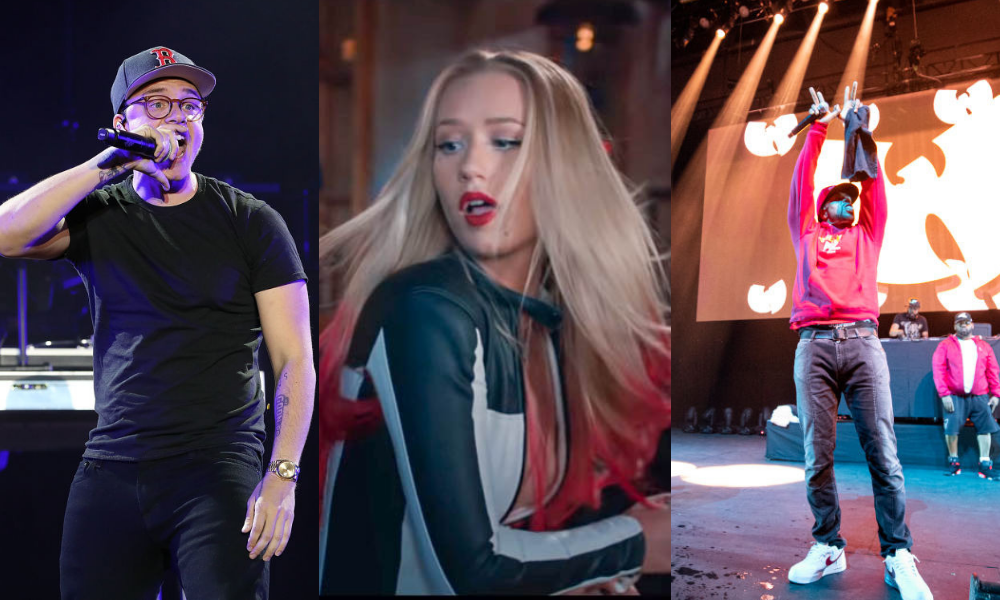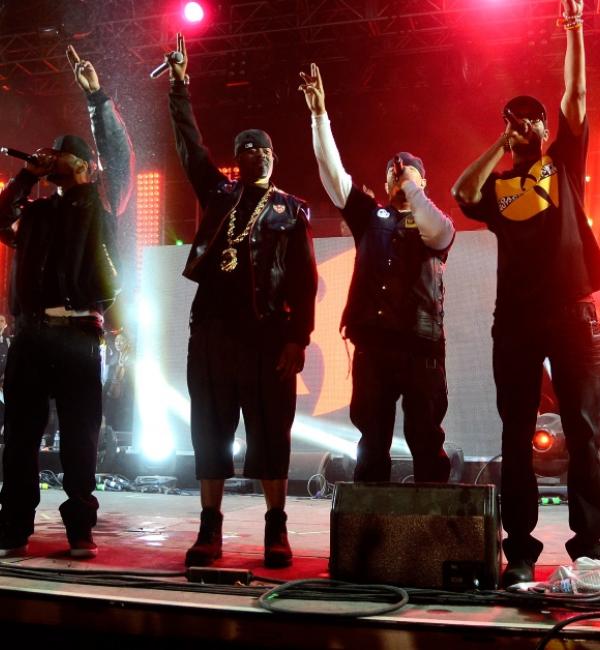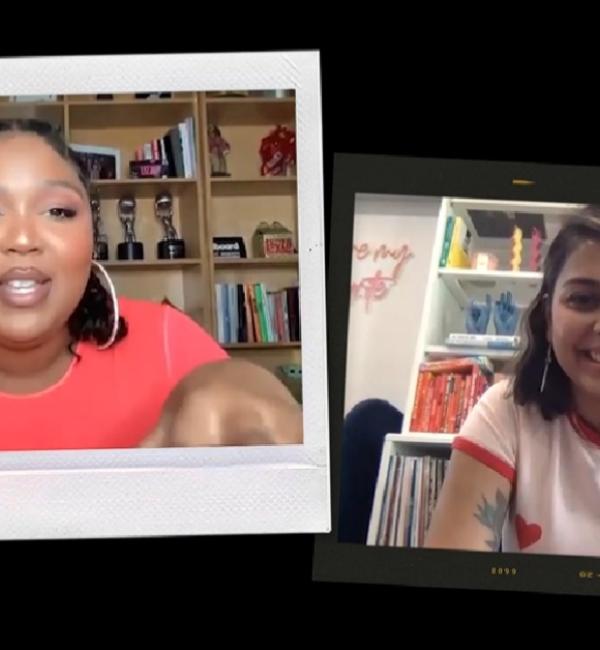
“My life is like a movie” has become a ubiquitous rap proverb. It’s a new staple of the genre, muttered by the likes of A$AP Rocky on Canal St (“My life is like a movie / they should film me through it”), lamented by Kevin Abstract on Georgia (“Same time I was cool with Uzi, dawg, my life felt like a movie”) and has been riding the Billboard Hot 100 all year on Lil Nas X’s Old Town Road (“My life is a movie / Bull ridin' and boobies”). But when these artists make such a comparison, what kind of movie do they have in mind?
For Lil Nas, it’s easy. John Wayne, John Ford, sure: but OTR is its own film entirely. For Kevin, no doubt he’s gesturing towards a Sundance indie starring all the cute white boy actors who pop up in the BROCKHAMPTON factory. For Rocky, probably a gritty genre thriller, a biopic in the vein of Straight Outta Compton charting A$AP Mob’s rise to fame. Such references act as shorthand for success - for a given artist’s accomplishments to be recognised, churned through the movie machine and beamed onto the big screen for everyone to see. Their life is movie-like in the way that feel-good Hollywood features project sublime triumph in the face of adversity. But where did genre films fall in all of this?
Hip-hop and film found a veritable mainstream symbiosis in the rise of the Wu-Tang Clan, whose name, debut album and cinematic disposition are born out of an affection for Hong Kong martial arts films of the '70s and '80s. It seems obvious then that the group’s de facto leader, RZA, would branch out to movie-making himself, producing both the score and soundtrack to Jim Jarmusch’s 1999 samurai-riff Ghost Dog: The Way Of The Samurai. This proved to be just the foot in the kung-fu-pastiche door: RZA was soon recruited by genre hitmaker Quentin Tarantino to produce and orchestrate the soundtrack to both parts of his Kill Bill films. The films paired kinetic violence with audacious needle drops, and near-immediately set off a chain-reaction in which rap artists began using QT’s name as a reference point for the movies that their lives were like.
Or at least wish their lives were like. Enter Logic: before even starting his two-part mixtapes series, Bobby Tarantino, he’d already established his die-hard obsession with Quentin Tarantino. We all know the reasons for QT’s popularity – there’s enough guns, gore, swearing and eccentric pop-culture references to make any teenager swoon. As Logic will tell you, again and again, he loves movies, and there’s not a director he longs for more than the man behind Kill Bill – a film whose soundtrack supposedly provided Logic with the inspiration to follow a rap career.
Of course, Logic isn’t the only rapper to name drop the director. Aminé wanted to get gory like a Tarantino movie on Caroline; the eponymous Moves in Big Sean’s 2017 single are, in at least one junction, being made in the vein of the director; and his name’s called by just about everyone, from M.I.A. to JID, Chief Keef to Run The Jewels. But Logic’s obsession extends beyond the bedroom Pulp Fiction poster cliché: he’s the Stan to Tarantino’s Eminem, perpetually establishing his unrequited love for the auteur. Compile every one of Logic’s references – be it song, interview or (god forbid) album skit – and you’d have enough high-school fan-mail to make Tarantino the one to drive his car into the river.
There’re parallels to be made between hip-hop’s deep-rooted history of sampling and the pastiche of Tarantino’s films, but Logic seems preoccupied with Tarantino only at a surface-level, opting for superficial engagement – repurposing his posters as album covers – than distilling his obsession to a formal level. Maybe Logic think he’s doing what Tarantino does best and is referencing the referencer-in-chief, but despite a treasure trove of pieces to pull from, Logic always manages to make the worst out of his affection. Rob $tone’s Chill Bill is an infinitely better extension and indulgence of Tarantino than Logic literally lamenting “I can’t believe you don’t like Tarantino” to one of No I.D.’s interns at the end of Metropolis.
Luckily, there’s light in the rap world’s repurposing of Tarantino. Where Logic resorts to juvenile infatuation, others have furthered Tarantino’s referential patchwork. One simply has to look to the music videos from a slew of rap women who revive Kill Bill’s boss-bitch-biker-girl-jumpsuit aesthetic, from CupcakKe’s Quiz – which wears the film’s kung-fu aesthetics on its sleeve – to Iggy Azalea & Rita Ora’s Black Widow – practically substituting Uma Thurman’s role to the Aus-born trap rapper. Not forgetting Cardi B’s Be Careful, which extrapolates Kill Bill’s church scene as a site of eternal commitment, these music videos feel more in line with Tarantino’s pastiche – brazen but well-intentioned, woven into the fabric of their artistry rather than namedropped on 15 tracks of Logic’s cringe rap. (Extra points for both Lady Gaga/Beyoncé’s iconic Telephone/Videophone collab combo – which pull from Kill Bill and Reservoir Dogs respectively.)
Separated from Logic’s referential-gentrification, there’s a shared genealogy to be treasured in both hip-hop and Tarantino’s forms of sampling. By repurposing that which may have fallen by the wayside – a forgotten vocal track, a lost scene – there’s a sense that the artist is paying respects or giving new life to the work that has come before. Therein lies Tarantino’s strength; therein lies hip-hop’s legacy.








